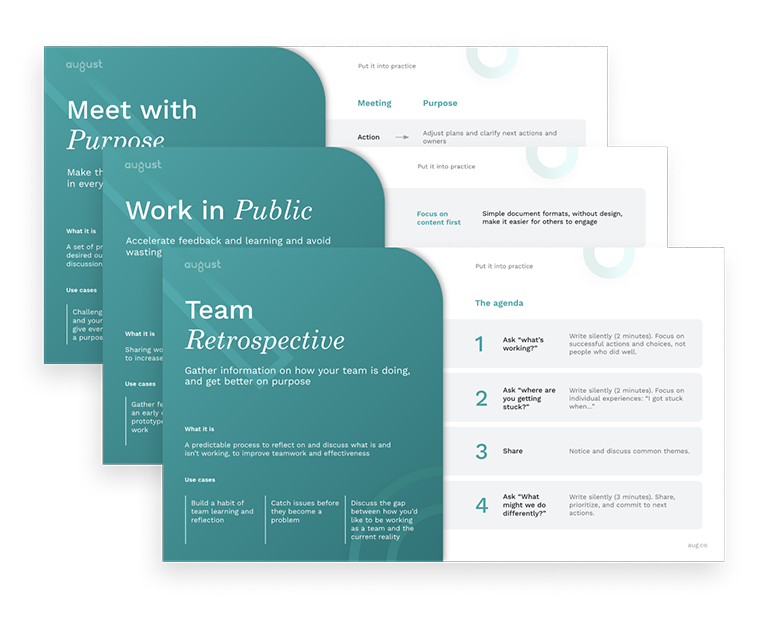Published January 31, 2014 | Updated March 22, 2023 | 6 minute read
3 ways that technology leaders can reinvent their role
There’s a reason why the vast majority of start-ups have a CTO, but not a CIO. It’s because these organizations see technology as a practical and enabling element. It’s not simply a tool to facilitate process and to move data. It’s certainly not a cost center. Technology is core to the business. And if you can’t say the same thing about technology at your company, then that’s what should be at the top of your agenda for 2014.
We’ve entered a new era, and it’s time to recognize that IT isn’t what it used to be. It’s time for people in the technology function to step up and claim their rightful place at the leadership table: you are the engine of change and innovation; you are the synapse, connecting and amplifying solutions; you are not an expense. You create value.
Here are three ways that tomorrow’s technology leaders can change their role, and in the process transform their companies.
Tomorrow’s technology leaders recognize that they have to enable experimentation, not shut it down.
1. Adaptivity even over mitigating risk
The most savvy and forward-looking IT leaders we interact with at the Fortune 100 companies we work with spend more time thinking about how to create spaces for people to play and experiment than they do trying to keep their systems locked down. As Peter Palchinsky put it, you need three ingredients to enable true adaptivity: variation, selection, and a scale at which failure is survivable. Creating environments that are decoupled from critical systems, but still able to deliver real experiences to real customers, now becomes an essential capability. Teams across business units, from product design to sales to customer service, are looking to IT to help them invent and incubate brand new solutions.
Tomorrow’s technology leaders see their people as their most valuable investment, and build teams that can invent better solutions.
2. People even over infrastructure
Major infrastructure investments — gigantic server farms or even long-term cloud contracts — saddle you with tech debt, just as agility is becoming the only thing that matters. While infrastructure remains critical, and many cloud-based solutions offer much more nimble solutions, hardware and software are never enough.
The leading companies in Silicon Valley realized the true nature of the game a while ago, and see their human talent is even more of an advantage than their machine talent. Just last week, a WSJ article talked about how companies like Facebook are looking to their IT team to be as inventive with what’s under the hood as they are about what shows up on their users’ screens. These engineers are literally re-building hardware, relying on open-source hardware IP, and inventing better infrastructure solutions on a daily basis.
Tomorrow’s technology leaders are embracing their new authority, and acting as champion and enforcer of interoperability.
3. Agility even over efficiency
One of my all time favorite moments in the history of IT actually came from a CEO, not a CIO or CTO. It’s Jeff Bezos’ interoperability mandate, as quoted in Steve Yegge’s famous rant about what Google could learn from Amazon. According to Yegge, Bezos essentially said: service-oriented architecture or you’re fired. It’s only taken a little over a decade, but the rest of the business world is finally starting to take note.
Interoperable standards, service-oriented architecture, and APIs, are quickly becoming the lingua franca of the corporate IT world. In many cases, IT leaders have been wanting to operate this way for years, but have struggled to make their case to the rest of the organization. Now, however, as IT is called upon to open up internal platforms to customers and external partners and to connect various business units, the culture has shifted in favor of this collaborative approach to systems and software.


.jpg)




